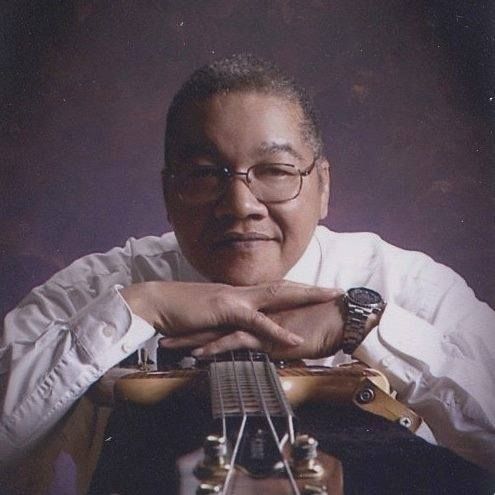And for those of you who came in late:
And a public encouraging word from Doctor No. 12:
https://www.youtube.com/shorts/ZS05j0y5ozE
And for those of you who came in late:
And a public encouraging word from Doctor No. 12:
https://www.youtube.com/shorts/ZS05j0y5ozE
MAY 4TH UPDATE:
MAY 5TH UPDATE:
Incarcerated Black Panther activist Mumia Abu-Jamal told USA TODAY he supports “anti-imperialist” student encampments spreading across the country to protest the war in Gaza. He has been in prison for over 40 years after being convicted for the 1981 murder of a Philadelphia police officer. Abu-Jamal’s death sentence was overturned by a federal court. He has maintained his innocence.
Today’s activism on college campuses reminds 70-year-old Abu-Jamal of his youth during protests against the war in Vietnam and the civil rights movement for Black Americans, he said in a brief phone call from Mahanoy state prison in Pennsylvania. He compared the protests to people once holding up lighters at concerts. Today, people tend to use cell phones.
“These are flickers of light in an anti-imperialist movement,” he said. “It’s remarkable to see.”
Abu-Jamal was set to speak Friday afternoon to the City College of New York student encampment in West Harlem, but Muslim students were in prayer on the campus lawn, so his call would be rescheduled for the evening. On Thursday, he spoke to Columbia University’s student encampment via speakerphone. A microphone amplified his voice.
− Eduardo Cuevas
*****
How it happened, according to the Mumia Abu-Jamal Listserv:
Johanna Fernandez via FreeMumia Unsubscribe
5:33 PM (2 hours ago)
to Free
Folks, I was being interviewed by USA Today at the City College encampment and Mumia called and I thought to pass him over to the journalist. Mumia’s remarks made it to this long list of updates. Hurray. Very positive intro to his remarks.
Sent from my iPhone
To unsubscribe send email to: FreeMumia-unsubscribe@lists.people-link.net
APRIL 27th UPDATE:
******
APRIL 28th UPDATE:
https://www.theguardian.com/us-news/2024/apr/28/pro-palestinian-cuny-protesters-mumia-abu-jamal
Since my favorite fantasy character (along with Galactus) has been in the news lately, I thought I’d share…..
This is truly sad news. He was the artist for Icon, who, despite being a conservative in his first incarnation, was perhaps my favorite Milestone superhero!
Here are some obits and here is his Wiki.




